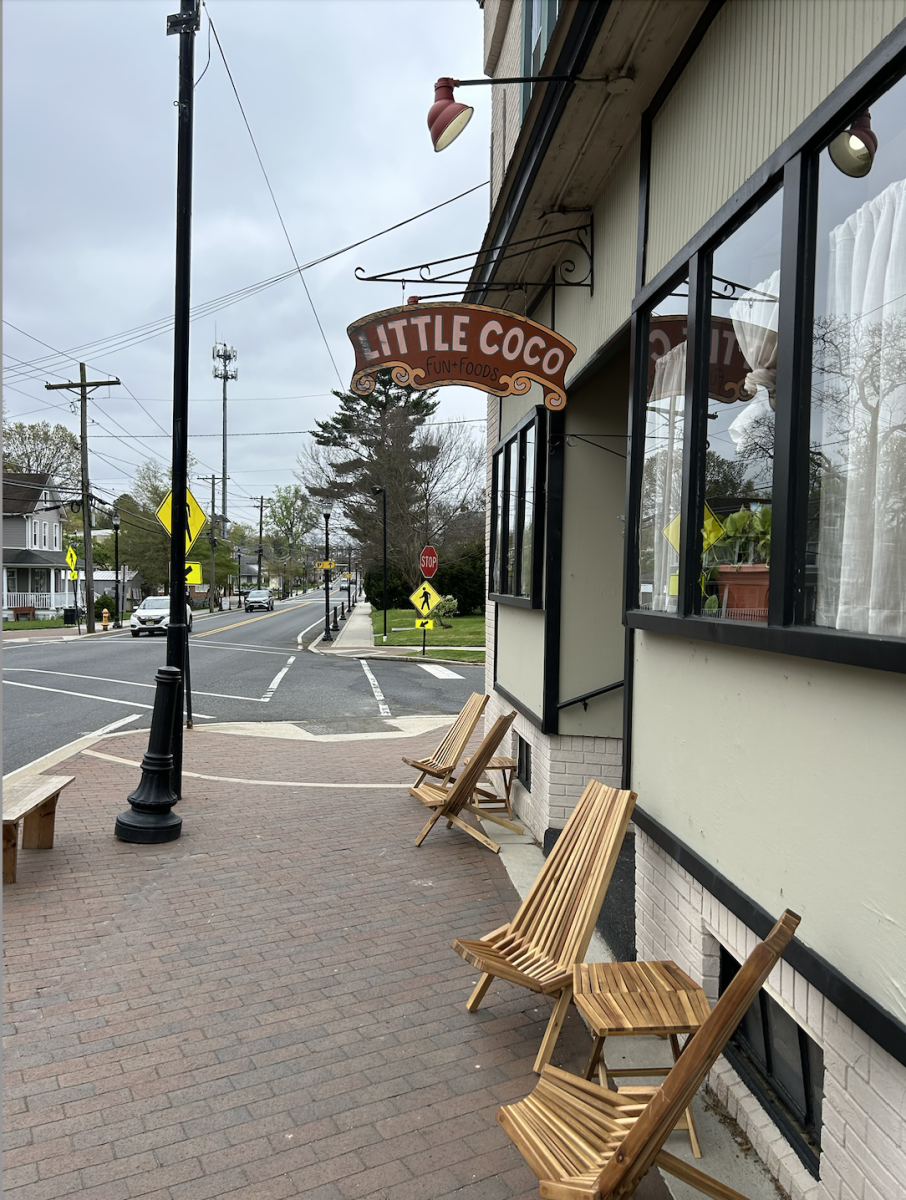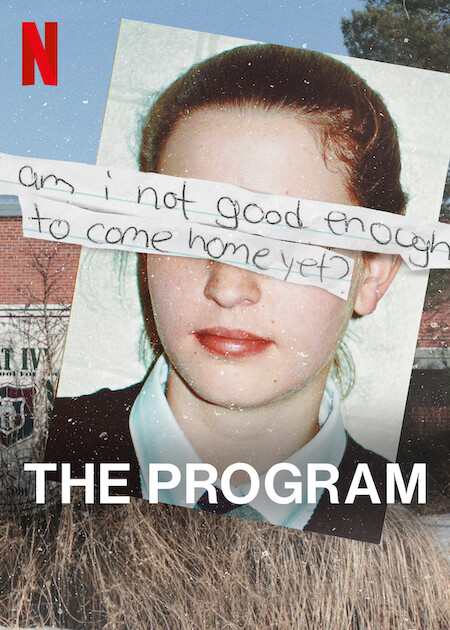[youtube Mlr868V4zl4]
“This woman had a skirt on—she was in her thirties at least—and she had absolutely gorgeous legs, and I said, ‘My lady, I want to tell you something: don’t you ever cover those legs up. Let the people see them.’ You’d think I’d get slapped, right? Not at my age. You get away with it at my age,” laughed 94-year-old Jack Kane.
At Kane’s home in Downs Farm, Cherry Hill, he paused rocking back and forth in his living-room recliner, showing off as he spryly stood up with his hands in the air. He smiled and remarked, “See how easy I get out of that chair, at my age. I know most people my age are dead. Most people my age are looking at the roots of the grass. I still see the green.”
Born in 1918, Kane recalled how it is a miracle that he survived the pneumonia he had come down with as an infant. In those days, there were no antibiotics, making the doctor’s foreboding prediction more realistic and less morbid. However, Kane’s father was of a different mindset. He said to Kane’s mother, “If the doctor can’t do something, we’ll do it.”
They immediately set to work, putting a pot of water on each of the three burners and shutting all of the doors and windows to make the house as steamy as possible. After rubbing camphorated oil all over their baby’s body, they wrapped their son in a towel. When the doctor came back later in the afternoon, the fever had broken.
When Kane grew up in Cherry Hill, the topography was primarily farmland; route 295 did not yet exist. “Even during the daytime during the summer on Berlin Road, tops a day you would see 35 cars. Now you see 3500,” he said.
The first house Kane called home had no electricity, no plumbing and an outhouse. To get water, Kane’s parents pumped the sink by hand so that the water from the well in the cellar could travel up the pipe to the kitchen. Kane asked, “Can you believe living like that?’” evidently musing over the nonplussing evolution of contemporary industry and living.
When Kane began grade-school, he attended a four room school (grades first through eighth) in Voorhees since there was no Cherry Hill school. There was one teacher per room, each with two grades to teach; the eighth grade teacher was the principal.
As he finished reminiscing about his grade-school years, Kane recited the names of his teachers from the first to the eighth grade. He, then, smiled and asked, “Did you ever have to memorize a poem for school?” Knowing that I probably had, but not being able to recall a particular time, I sheepishly nodded. He continued, “I had to memorize one in the fifth or sixth grade written by William Bryant called Thanatopsis…‘So live that when thy summons comes to join/the innumerable caravan which moves…,” and he continued on to finish the concluding verse, leaving me in utter awe and personal shame at my own lack of ability.
After having comprehensively studied the Great Depression in my AP history class this past year, I swear nothing compares to hearing a first-hand account of what it was like to live and endure the trials of a time when poverty engulfed a nation. During the Depression, Kane’s father lost his job, forcing his family to move to a house where the rent was 10 dollars a month, a sum the family still struggled to meet. There was no electricity and no heat—and it was sure cold during the winter. Kane’s mother would leave their Kerosene stove on all day with a pot of water boiling to get some steam in the air.
“We went three weeks on potato soup. Nothing to eat but potato soup…you know what that does to you? It makes you have a very strong character,” Kane said.
He continued, “When I went to school during this depression, my mother would take one slice of bread, cut it in half, put a little bit of grape jelly on it and that was my lunch. No milk. We didn’t have any milk for three years. Two years?” he asked wondering to himself.
One day when Kane was at Haddonfield High School (Cherry Hill did not yet have a high school), there was a phone call made to his teacher, stating that he was wanted in the principal’s office. Kane said, “My mother cut my hair—there was no money for haircuts—my clothes were terrible, my shoes were awful. We were poverty stricken. So I’m walking down thinking now what did I do. So I walk into the principal’s office and he says, ‘Shut the door. I’m sending you down to Ricky’s shoe store; they’re going to repair your shoes.’ Can you imagine what a shock that was?”
Throughout his adult life, Kane has found a hobby in solving cryptograms. To this day, he has solved over 7,000. “I did one not long ago written by a philosopher that said, ‘When you’re truly poor as a child, you never get over it.’ And even today I clean the money. I don’t find reasons to spend money. I save money. It’s just something that gets in your system…I haven’t spent a penny, not one cent on interest on anything I’ve bought since 1962,” he said while glancing around his living room, giving me a chance to take in a newfound significance of the beautiful wood paneling that he glued to the walls himself.
At 23, Kane went off to serve the army in 1942. The first day the men were given an aptitude test, allegedly known to determine where one would be placed in the military. “Three of us went to Fort Monmouth and 90 went to the infantry, so I knew I had a good aptitude score,” Kane said. Later during a record keeping task, he discovered that he had received a 135 on his aptitude test (a score of 110 is considered good).
It was on one of his days off at Fort Monmouth when Kane first met his wife. After seeing each other on weekends for several months, she asked him, “When do you suppose we should be married?”
The couple agreed to get married before Kane went overseas to Europe. For their honeymoon, they stayed at the Barbizon Plaza Hotel (taken over by Donald Trump in 1988) in Central Park, New York. Their final bill was 19.43 dollars (5.50 a night for the room and 2.93 for the restaurant).
Kane sailed on the QE1 (The Queen Elizabeth I) to Europe. He had a choice to either sleep in a hammock in a small room with 18 other men, or he could sleep in a tent on the deck of the ship. “My rear end pushed the hammock onto the cement floor and I looked up and the hammock above was [just inches] from my face. I got up and went to the deck and never came down again,” Kane laughed and continued, “But the sky was beautiful. The stars out there are so big you think you can pull them down out of the sky.”
When he arrived in England, he soon discovered that the British had coined a phrase to describe Americans: “Americans are overfed, overpaid, oversexed and over here.”
Unlike the Americans, the British found it much more difficult to get ahold of cigarettes and beer. Kane, who had never taken—and still has yet to take—a sip of alcohol in his life, found using coupons to buy beer, and then selling it at a greater price, rather economical. He even quit smoking so that he could make a profit buying cigarettes for 50 cents and selling the same pack for 20 dollars, and, in Belgium, for 40 dollars. “When I was in the war in Europe I saved, and I was there for two-and-a-half years. I kept eight dollars a month for myself and I sent the rest home,” Kane said.
After the war, he had the opportunity to go to college on the GI Bill, but at 28-years-old, Kane decided he would focus on getting a job and raising a family instead. For years, Kane worked as a technician for large business machines, some that could sell for 30,000 dollars.
Enamored with Kane’s story, I couldn’t help but enquire about how he spends his days now as a 94-year-old, and I was surprised to hear in response: “driving.”
He explained that, one day, an elderly woman had approached him at the bank and said, “That girl said you’re a great guy and you just lost your wife and that I should ask you for your telephone number.” Kane was obliged to accept her invitation and learned, after dining with her, that she needed to have open heart surgery as soon as possible—she was 84-years-old. “I told her, ‘I’ll drive you to the hospital and I’ll stay with you while they operate.’ After she was done I picked her up and I took her home and I said, ‘Now you can’t drive so don’t worry about your errands. I’ll come over here in the morning, park my car and we’ll take your car to do our errands. That was two-and-a-half years ago and I’m still doing it,” Kane laughed.
He, then, looked over to me and said, “People have asked me, ‘How come you’ve lived so long? How come you’re so healthy? Do you exercise?’ And I say, ‘I used to exercise but I’ve changed my exercise now. Now, I get my exercise jumping to conclusions.” Grinning and clearly amused with his own wit, Kane continued, “Time sure does go on.”
To watch a video featuring an exclusive interview with Jack Kane, check out the link below.
watch?v=Mlr868V4zl4&list=UUTDpamJJ_IfYcTOw_YEyyBg&index=1&feature=plcp





